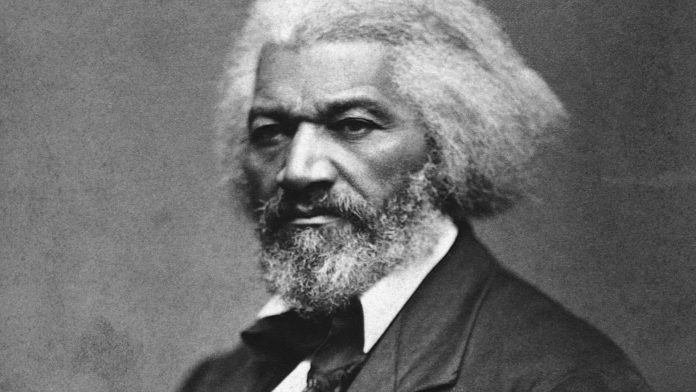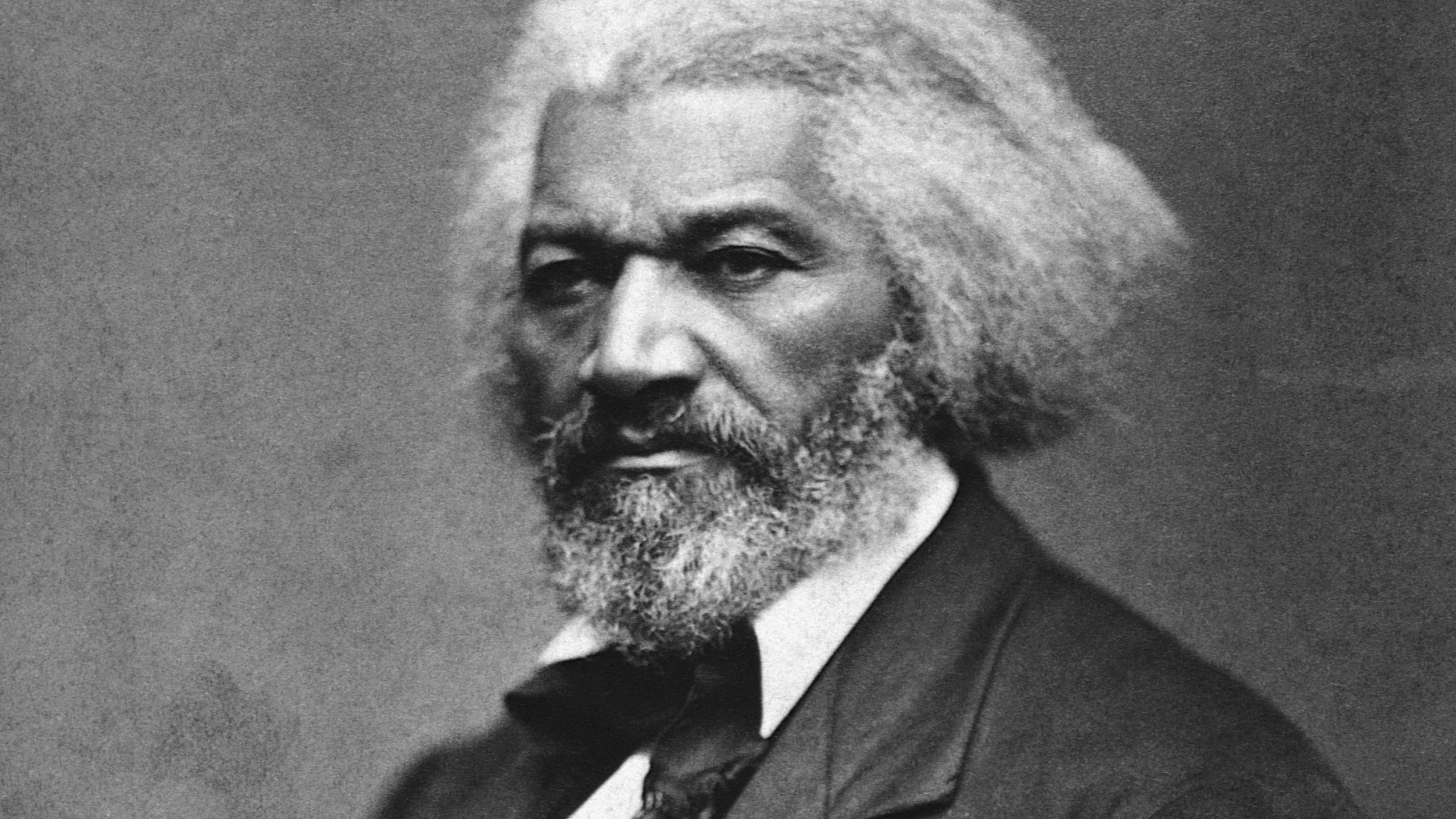
Two years deep into the Civil War’s carnage, Frederick Douglass’ discontent with President Lincoln’s hesitance on black military enlistment was palpable.
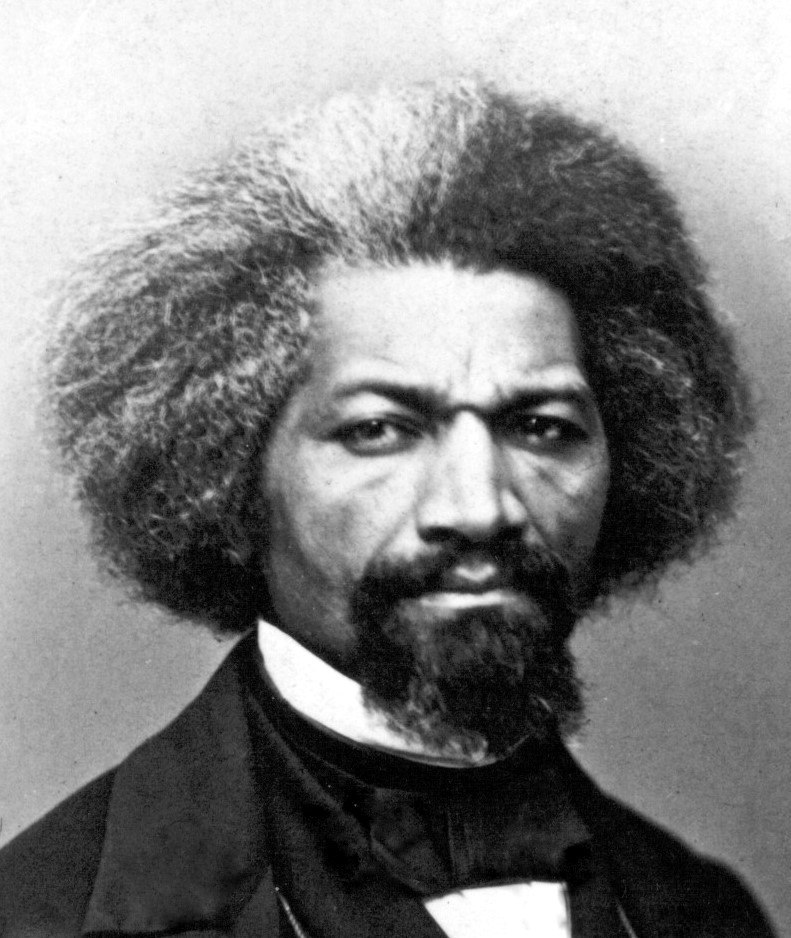
“We are striking the rebels with our soft white hand, when we should be striking them with the iron hand of the black man which we keep chained behind us,” he asserted.
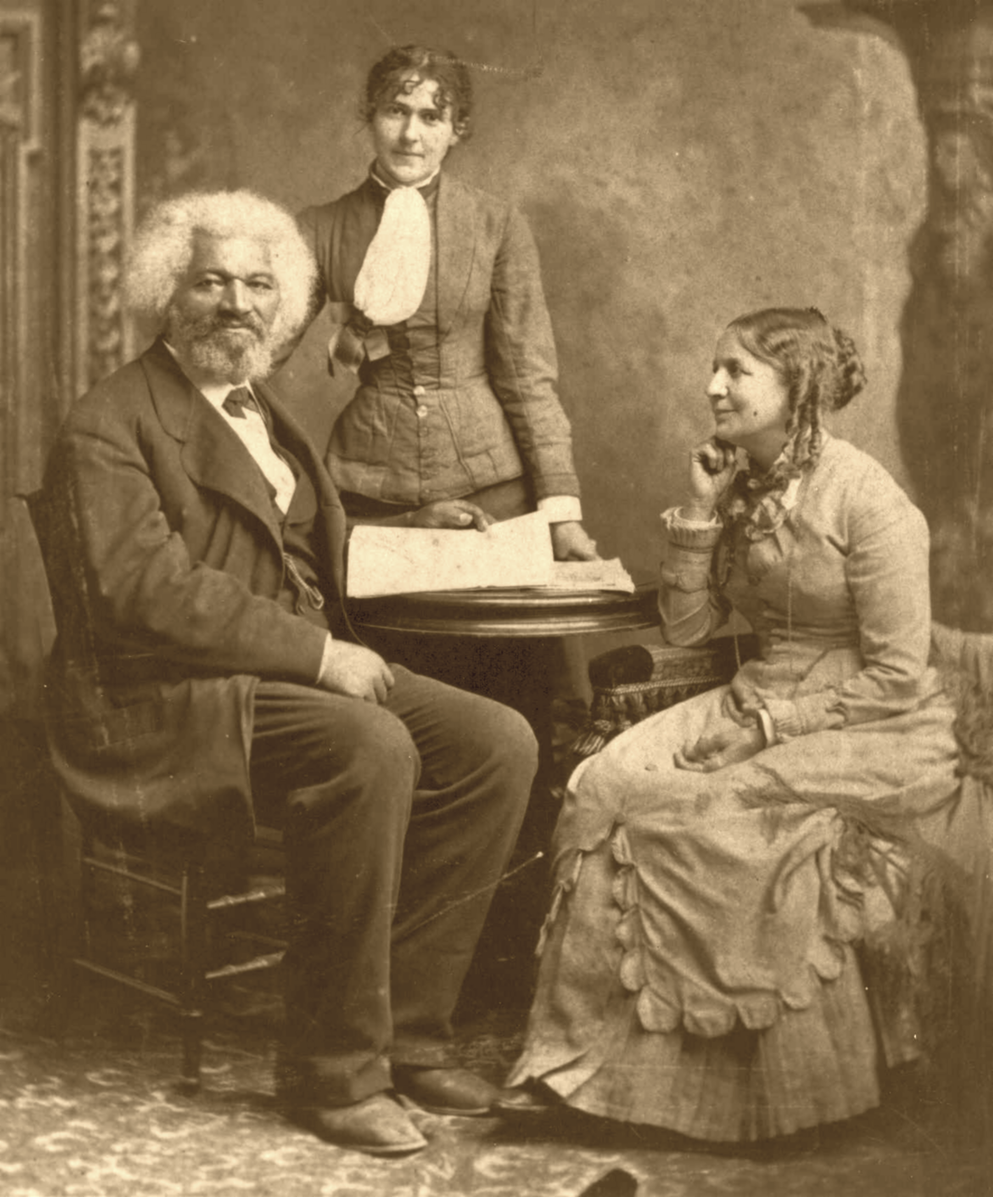
His fervor to harness the potential of African American soldiers as a crushing force against the Confederacy was thwarted by a stark inequality in the treatment of black troops.
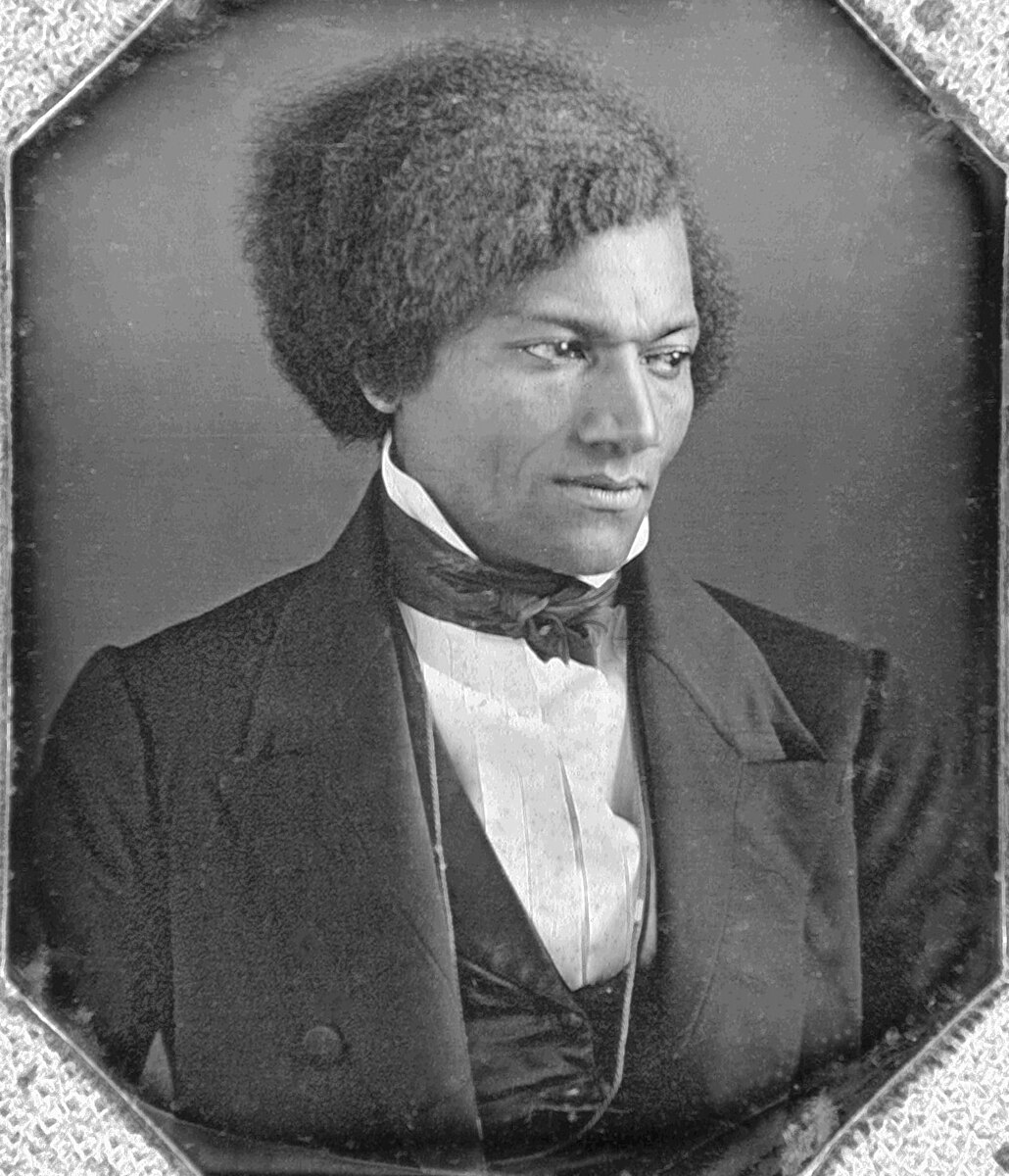
White soldiers were paid more, promotions for black soldiers were rare, and protections afforded to white prisoners of war were denied to their black counterparts.

“I must expose wrongs and plead their cause,” Douglass proclaimed, undeterred in his pursuit of equity.
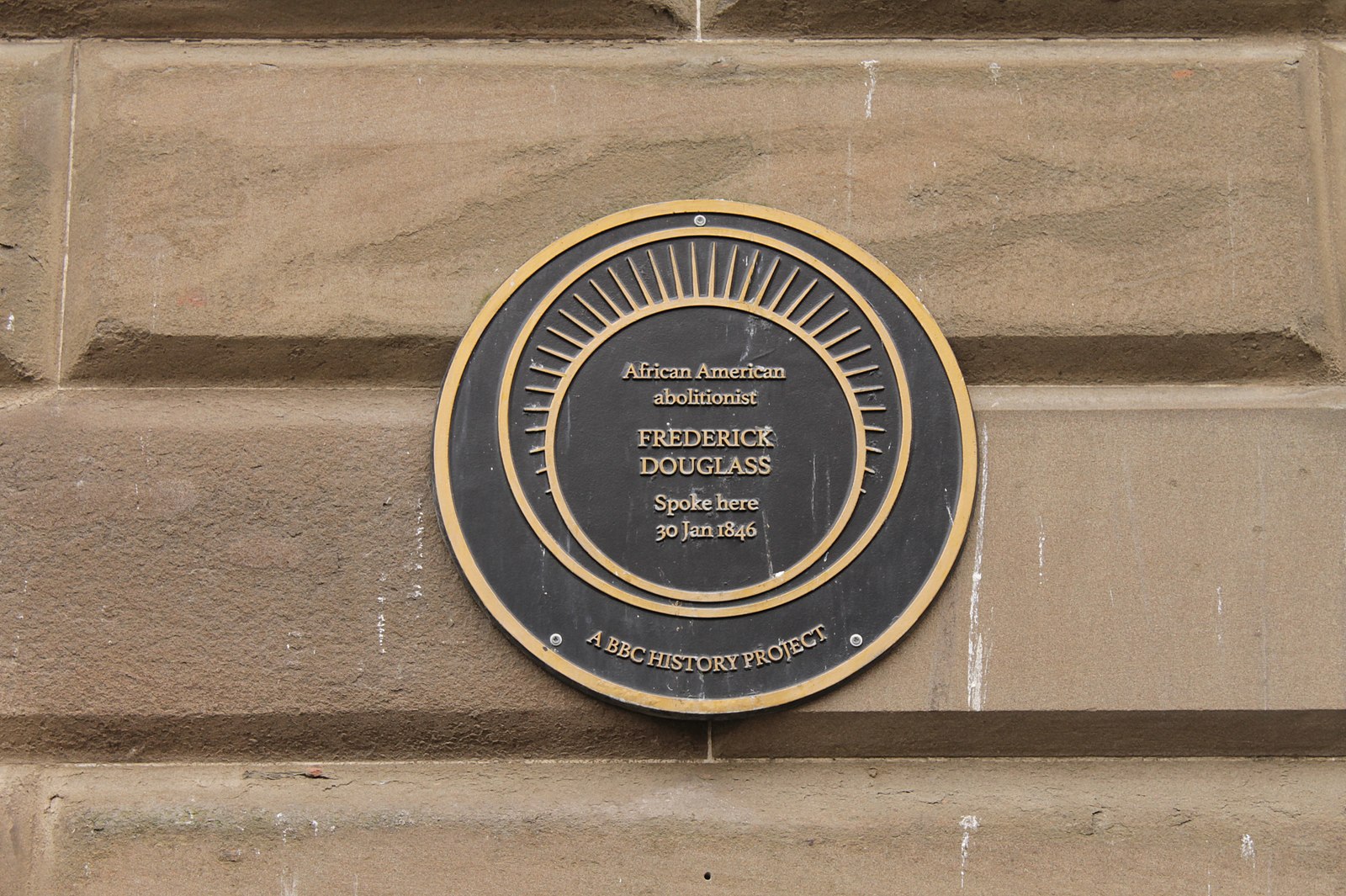
When the policy shifted, and black men could serve, Douglass threw himself into the task of recruitment, channeling his passion into action for the 54th & 55th Massachusetts Infantry.
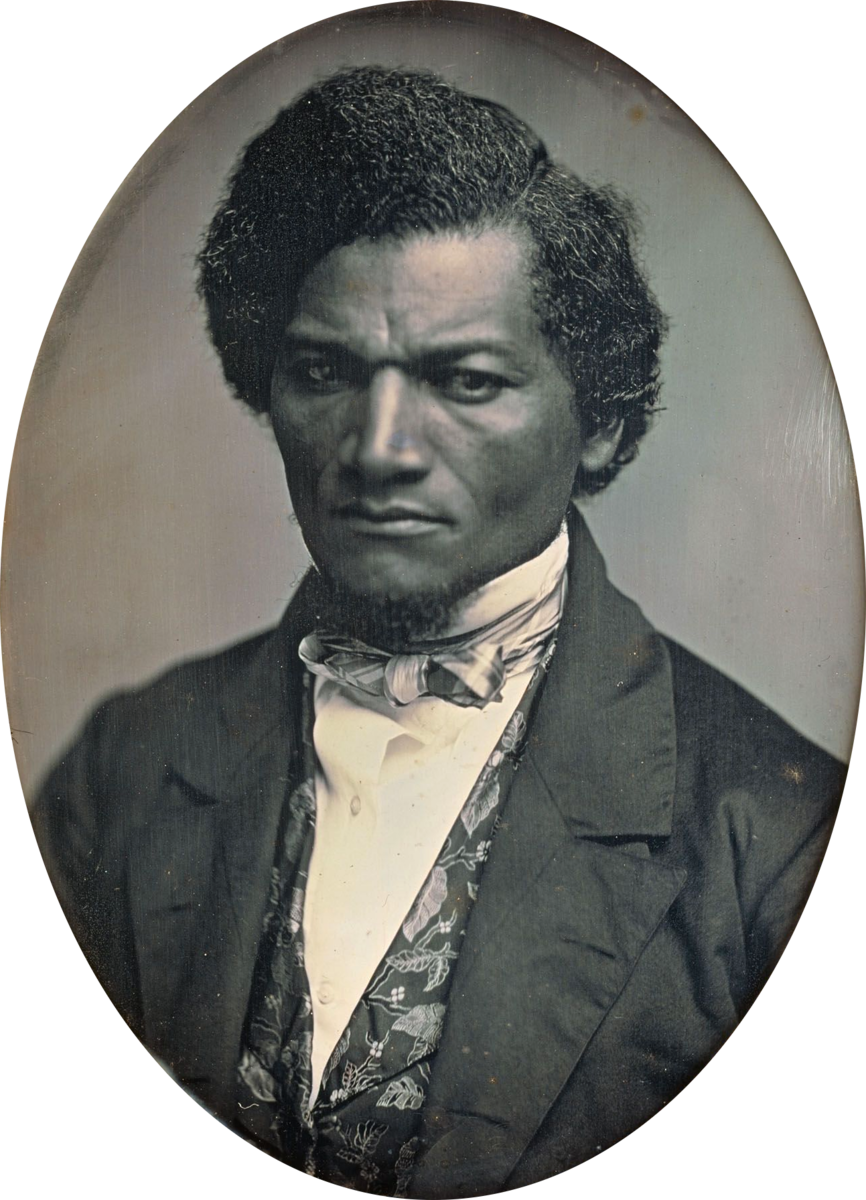
Tragically, two of his own sons bore the scars of battle, with Lewis languishing in a hospital and Charles wrestling with disease.
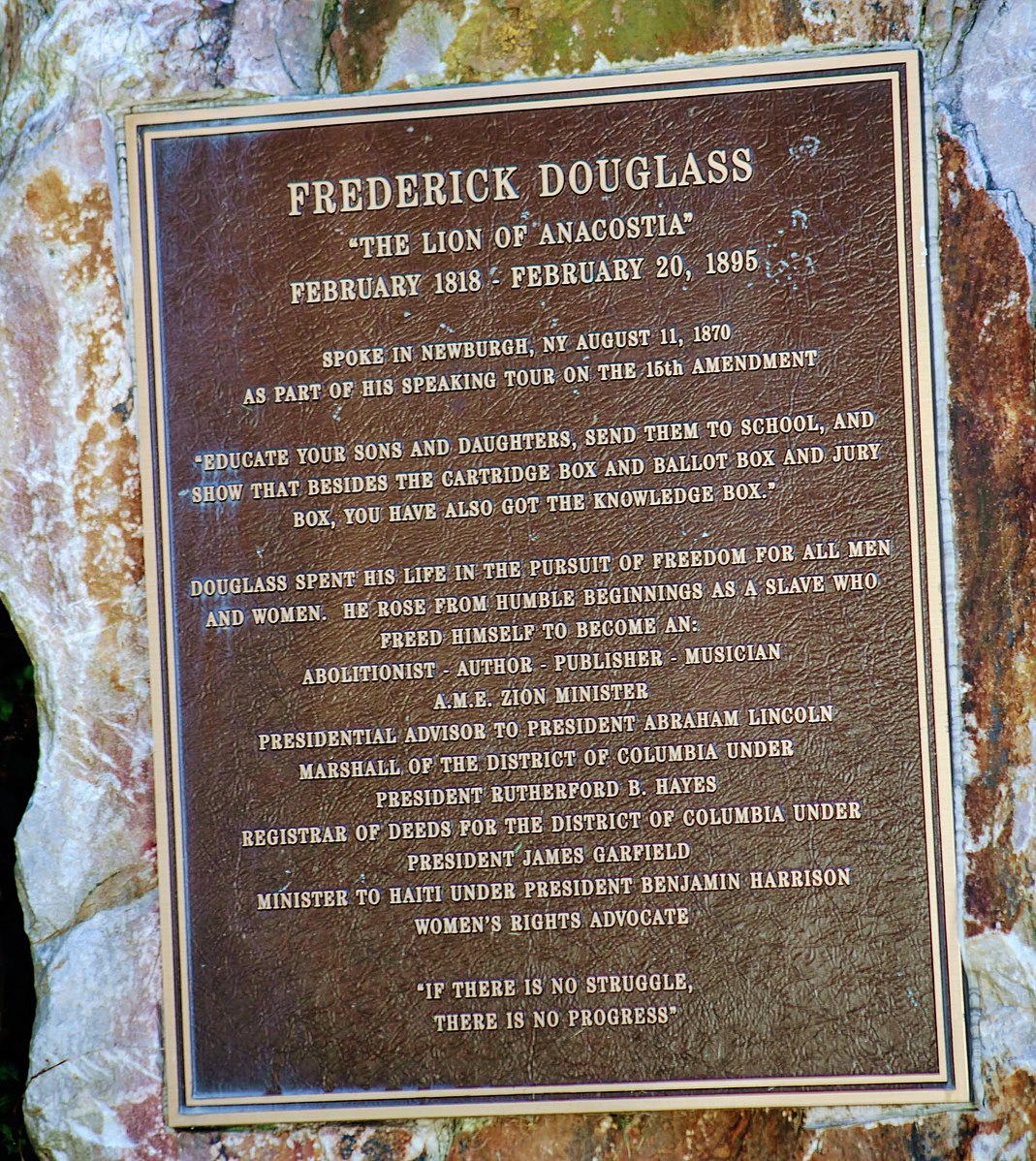
Despite personal grief, Douglass sought an audience with Lincoln, a significant stride considering his prior status as a slave and “member of a despised race.”
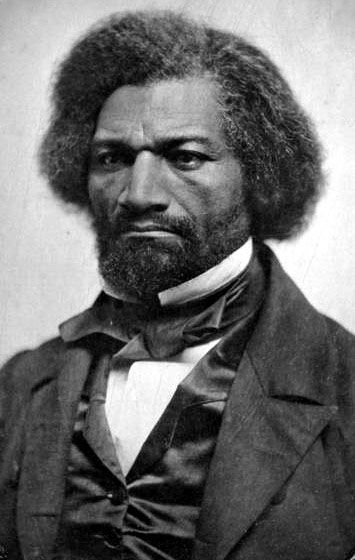
Lincoln’s reception of Douglass, “I know who you are Mr. Douglass. Sit down. I am glad to see you,” marked a moment of mutual recognition, although their robust conversation echoed a blend of agreement and dissent.
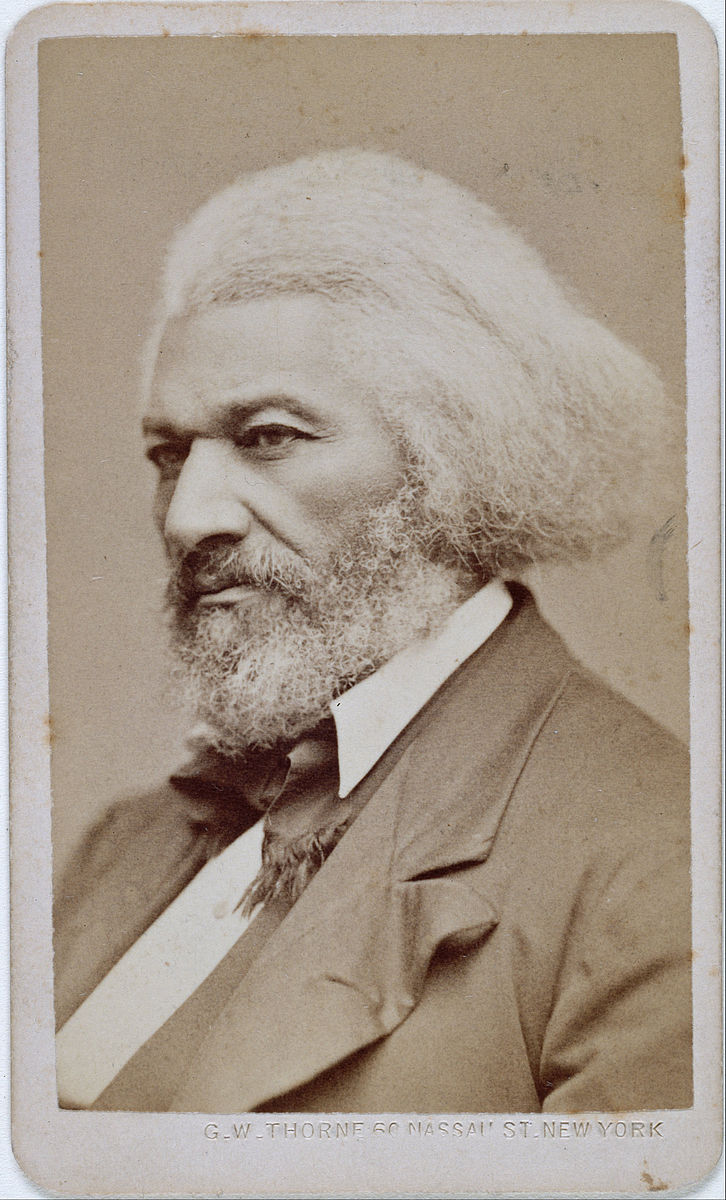
In a further entwining of destinies, Lincoln tasked Douglass with a covert operation to instigate a mass exodus of enslaved individuals.
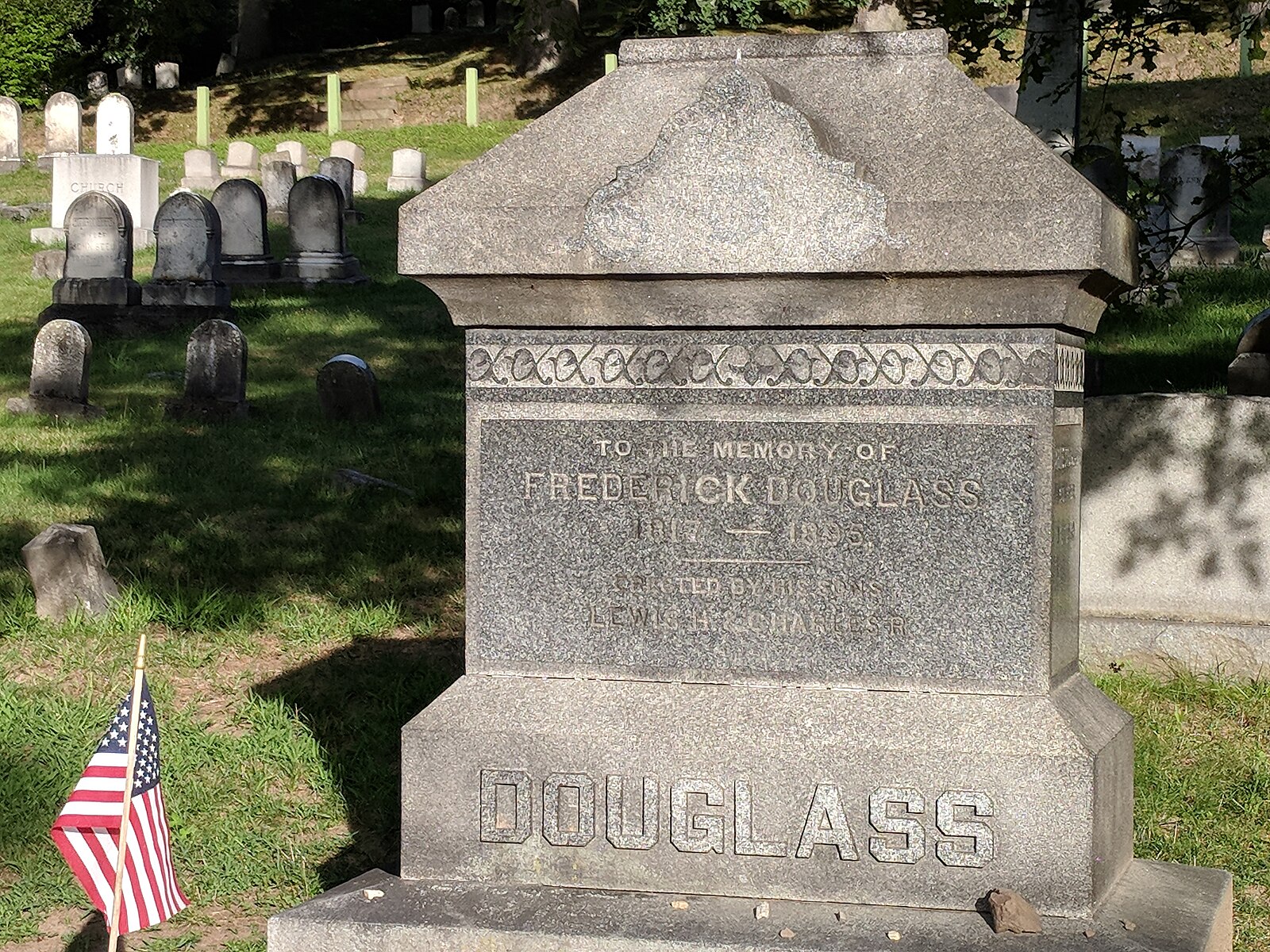
Although the mission was aborted due to Lincoln’s re-election, for a brief time, “the former slave from the Tuckahoe and the Indiana dirt farmer’s son were making a revolution together.”

Douglass’ relationship with Lincoln was complex, one where Lincoln’s initial reticence was supplanted by an acknowledgment of the war’s crux: the millions enslaved.
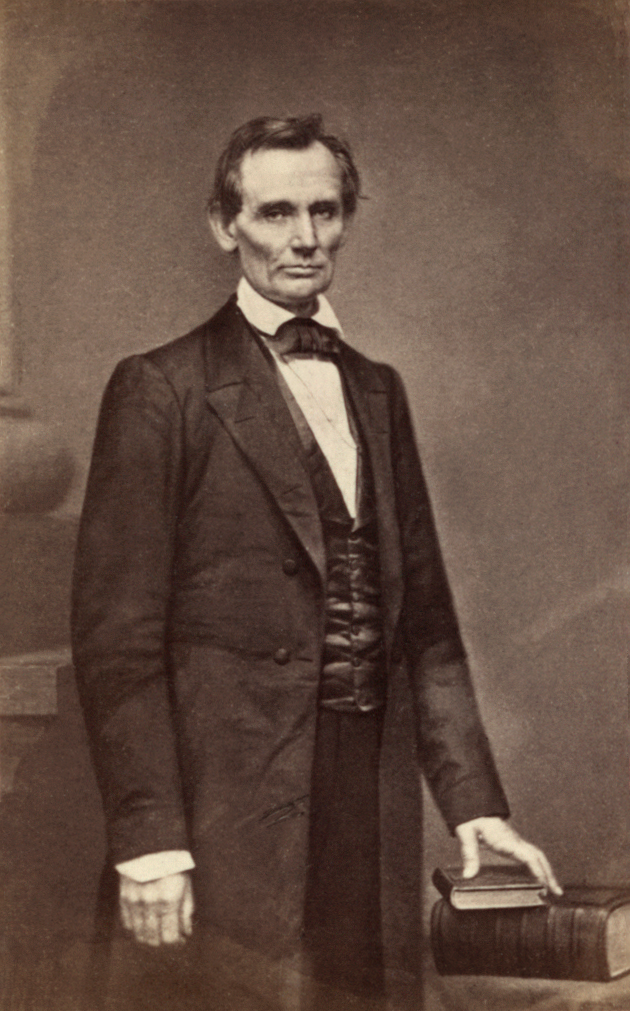
Their final encounter, a poignant episode during Lincoln’s second inauguration, was characterized by mutual respect, with Lincoln publicly hailing Douglass as “my friend Douglass,” seeking his opinion on the inaugural address.
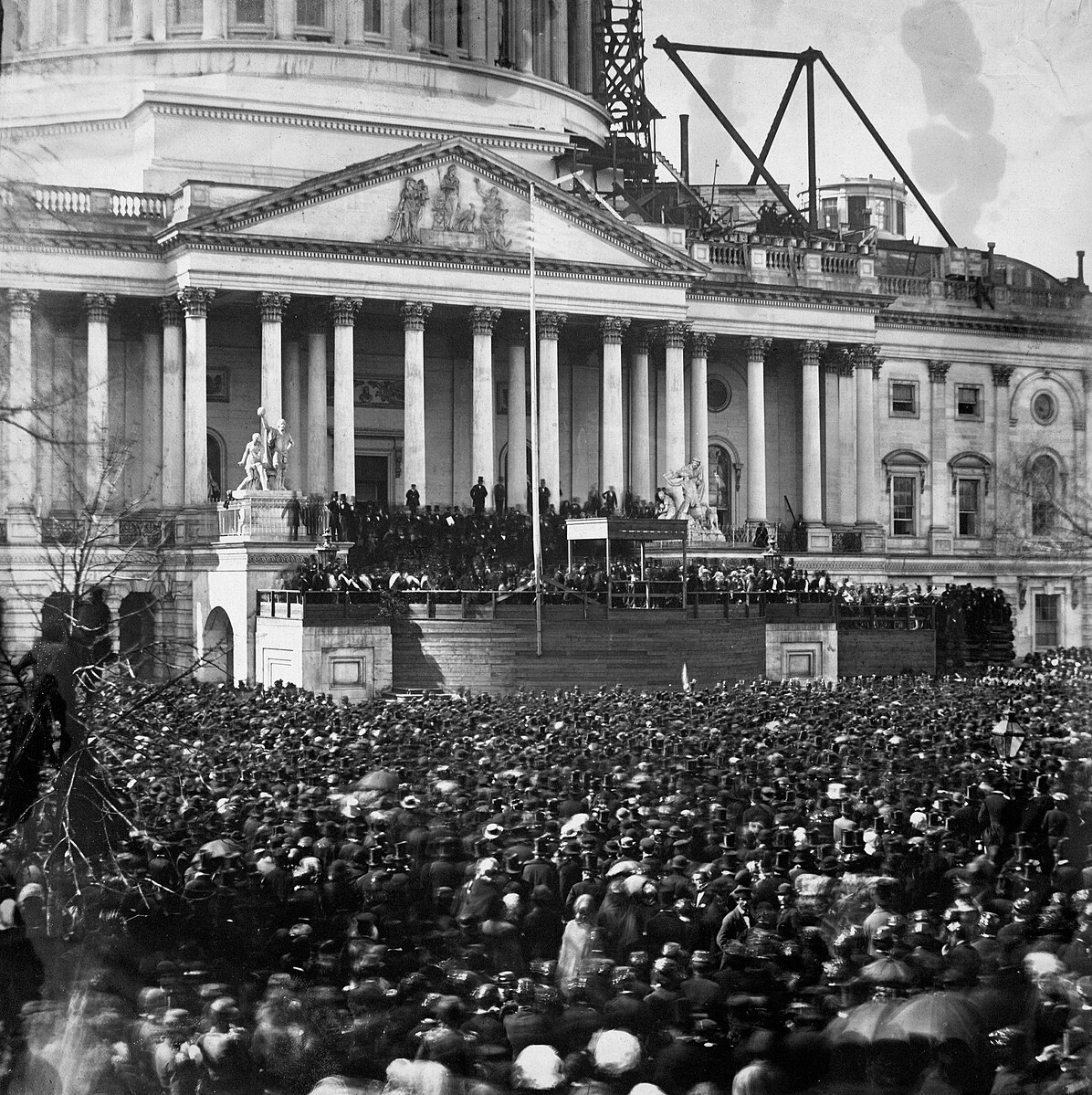
The assassination of Lincoln just a month later left Douglass mourning a presidency that, had it continued, might have ushered in vastly different realities for African Americans.
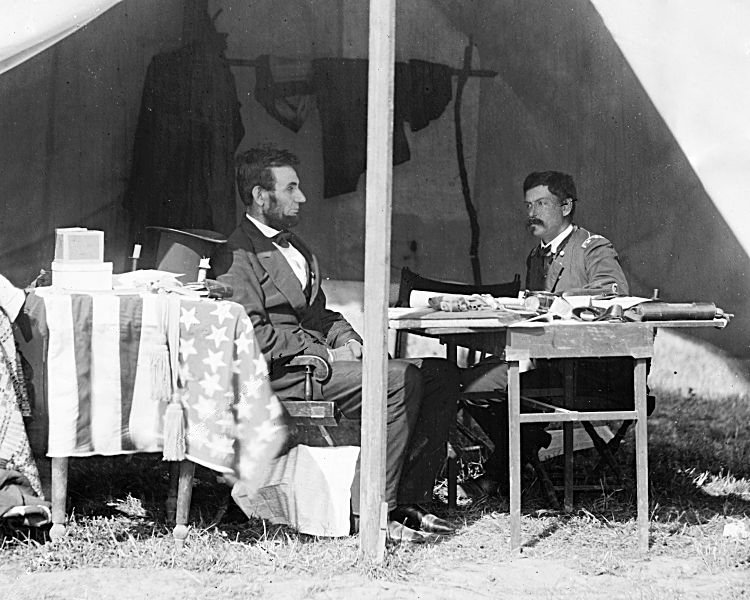
Reflecting on the dual nature of Lincoln and his own life, Douglass reconciled the disparate views of Lincoln as tardy and indifferent or as zealous and determined, understanding that both Lincoln and he contained multitudes and were men of their times, grappling with the immense challenge of a nation divided by slavery.
Relevant articles:
– Confronting a President: Douglass and Lincoln, National Park Service (.gov)
– Abraham Lincoln and Frederick Douglass: Inside Their Complicated Relationship, History.com
– Booker T. Washington, 1856, Documenting the American South
